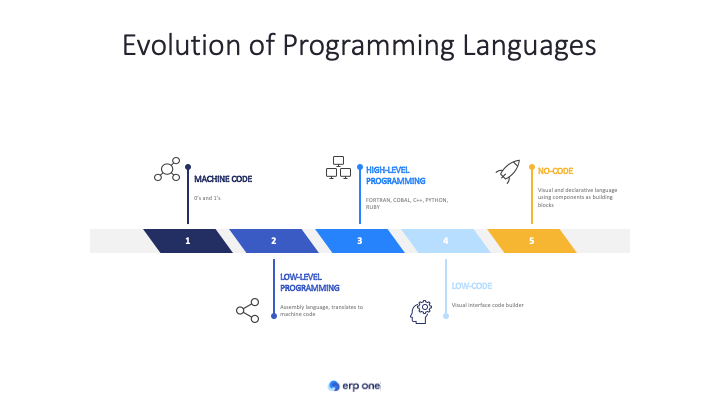5 Reasons for you to fall in love with Low-Code
1) Be More Productive
Productivity is often confused with velocity. We will talk about this later. But this topic is mainly about how the platforms help developers to become more productive.
Low-code platforms allow developers to perform smaller iterations and get feedback faster than in other technologies instead of working for weeks/months to get a couple of screens in front of the stakeholders. Low-code platforms can do it in less time and by following the best practices, we guarantee that those iterations will be production-ready.
2) Leave the repetitive and very basic code routines to the platform
In low code, days become hours, hours become minutes and minutes become seconds. What I mean by this is that by removing “boring” or to better say repetitive tasks, Low-code platforms can accelerate a developer’s daily basis easily by 3, 4, or 5+ times.
When talking about repetitive routines, we are talking about having to write the same 5, 10, or more lines of code multiple times a day just because my compile requires that.
In low code, we don’t need to write most of those repetitive code blocks. We drag it to the flow, and then we parameterize it. Any second we can spend less on doing things that the platform can do for us, we can spend more time on improving our solutions or getting closer to stakeholders and their needs (see reason number 5).
And NO, this doesn’t mean we are losing the quality or flexibility of having our own lines of code. Processes, well-trained/guided developers, and good management defines quality, not the technology itself.
It’s an abstraction that works in the exact same way as any other traditional language, or do you think that your .NET/Java code is what your machine is reading as the 1st layer?
To better understand what I am saying, see this timeline:


As we can see, technology is always evolving, so instead of being against it, why not give it a try and see if you can benefit from it?!
3) Become an expert in one technology instead of having to learn the basics of many techies.
I remember my time being a .NET developer, having to know/learn PL/SQL, SQL Server, C#, ASP.NET Web Forms, MVC, HTML, CSS, JavaScript, how to configure IIS, Git, TFS, AngularJS, and many others. I loved it, but at the same time, it was very time-consuming and sometimes not as productive as I wish.
Those traditional technologies are constantly been updated at different paces and different versions always bring new concepts and knowledge that if we work with them, we need to know.
Here is another benefit of low code, it’s abstracting a big part of this complexity and if you are working with OutSystems or any major low-code technology, they probably got dozens of experts (Product Team) in those technologies (C#, IIS, etc.) that are behind the scenes and are releasing upgrades from time to time to keep your applications as much up-to-date as possible.
So when someone says that OutSystems can be 5x (or something close to that) faster than other technologies, they are not talking about development only. The whole application lifecycle benefits from this, starting with prototyping and going to DevOps and maintenance.
Every little aspect of an application lifecycle will have something to boost your productivity.
4) Be ahead of the technical debt and experts’ lack
The major problem nowadays in IT is that most organizations are suffering from the lack of experts in the market and the number of technologies that companies are using, as mentioned in the topic above. This is forcing a lot of companies to train and build up their own experts, but this takes time and the backlog doesn’t wait for it.
I don’t know one single IT company that is happy with the balance between professionals against backlog, it’s like a dog chasing his tail.
Low code can bring more productivity to developers, teams, and organizations, enabling people to achieve their goals fast, with quality, and according to business needs.
The learning curve of the major low-code platforms is incredibly smoother than in traditional languages, beginners spend less time finding the missing semicolon, and they will put their effort into learning more about the platform, the business, and its processes. The learning path becomes more effective.
5) Get closer to business areas
One of the major challenges that I came across in traditional coding, in my humble opinion, is that you define, refine, start the development and then get back to your developer’s cave and show up after 1 or 2 weeks, or even more in some cases, to the client with a couple of screens or feature.
At this point, it’s not unusual to have customers asking for changes because during the definition/refinement they thought this would be all that they need, but the reality is that many customers will have better ideas after seeing something in front of them.
Global markets are changing faster and faster, and something that you have defined a month ago might not be valid anymore or not the best solution. And this doesn’t mean you have done a poor job, there are a lot of things that can change, and it might not be under your control.
Low code enables development teams to be able to have a faster response time when it comes to change requests, this is about being more assertive and not only faster. With that being said, I will end up this article with a question:
How fast can your organization respond to change requests?
Learn more about OutSystems here





